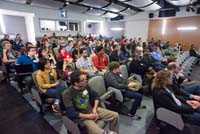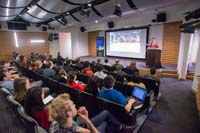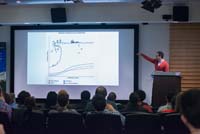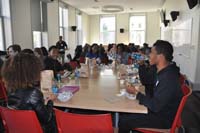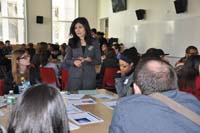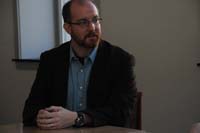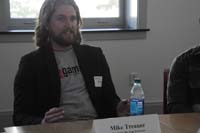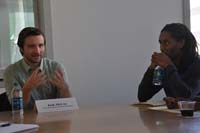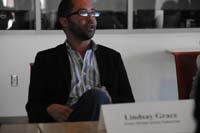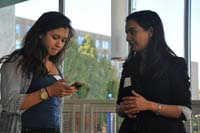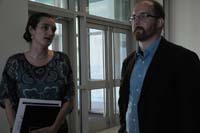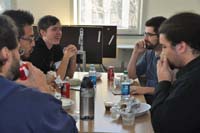Game Diversity Summit
The 3rd American University Diversity in Games Summit
In our 3rd day-long diversity summit event we aim to bring together motivated passionate, people ready to make an impact in games. Our program is planned to facilitate discussion about both participation and representation of diverse communities in games. Through presentations, dialogue and showcase we aim to support the game community in furthering diversity initiatives.
The Kaiser Family Foundation finds that African American youth between the ages of 8 and 18 play over 30 minutes more per day than white youth, while Hispanics play an average of 10 minutes more. Yet only 3 percent of video game characters are recognizably Hispanic. Native Americans and biracial characters are almost non-existent. While just over 10 percent of characters are African Americans, those characters are mostly athletes and gangsters.
The US Bureau of Labor Statistics projects an increase of 30 % in employment demand for game design careers by 2018. The diversity summit aims to support the increase in diverse representation and participation in games and the game industry,
